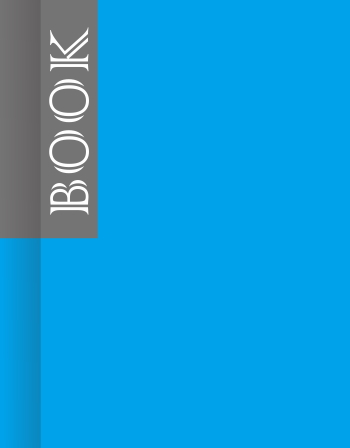DIGITAL LIBRARY
 | JUDUL | : | PENGEMBANGAN PERANGKAT PEMBELAJARAN MATERI EKOSISTEM MENGGUNAKAN PENDEKATAN INKUIRI TERBIMBING UNTUK MELATIHKAN KETERAMPILAN PROSES SAINS DAN SIKAP ILMIAH PESERTA DIDIK SMP |
| PENGARANG | : | ARINA RAYSA | |
| PENERBIT | : | UNIVERSITAS LAMBUNG MANGKURAT | |
| TANGGAL | : | 2020-02-20 |
ABSTRACT
Raysa, Arina. 2019. Development of Ecosystem Material Teaching and Learning Tools Using Guided Inquiry Approaches to Train Process Skills of Science and Scientific Attitudes forthe Junior High School (SMP Students). Thesis.Masters of Teacher Trainingin Natural Sciences, Postgraduate Program Lambung Mangkurat University. Advisor: (I) Dr. Rahmat Yunus, M. Si (II) Dr. Abdul Gafur, M. Si, M.Sc.
This research aims to evaluate the teaching and learning tools on an ecosystemdeveloped using the guided inquiry approach. The guided inquiry approach is expected to be able to facilitate students to be active in exploring knowledge by using process skills of science and to have a scientific attitude in attending the teaching and learning of the natural science as it should be.This research used the Tessmer development model including self-evaluation, expert review, individual test, small group test and field test. Data were analyzed descriptively quantitative. The research sample werethe students of class VII SMPN 9 Banjarmasin and SMPN 23 Banjarmasin. Theresearch subjects consisted of 3 students in the individual try out and 6 students in small group tests.The subject of field testconsisted of 2 experimental classes and 1 control class. The results showed that the learning and teaching tools were valid, practical and effective. Five experts’ assessments showed that the learning and teching tools were in a very valid category. These teaching and learning tools were practical to be used because the model teacher and students were able to carry out learning and teaching activities very well and the students provided a very good response.These teaching and learning tools were effectively to be used based on 1) the students’ learning outcomes in the experimental class that exceeded classical completeness; 2) the process skill of science with the indicators observing, classifying, predicting, interpreting and communicating in both experimental classes are good and very good categories. N-gain scores in both classes of experiments were quite effective. ANCOVA results showed that 78% of the teaching and learning tools developed by the researcher could provide a better influence on the process skill of science for the experimental class students; 3) completeness with the indicators of scientific attitudes namely curiosity, accuracy was in a good category of both in two classes of experiments. Individual completeness in both experimental classes exceeded 75%, which means that classical completeness was achieved.
Keywords: development research, teaching and learning tools, guided inquiry, process skills of science, scientific attitude.
Berkas PDF
| NO | DOWNLOAD LINK |
| 1 | FILE 1 |
File secara keseluruhan dapat di unduh DISINI